Australian Open: how hot is too hot as temperatures soar?
Organisers branded 'inhumane' as play continues at temperatures of 40C, what do other sports do?
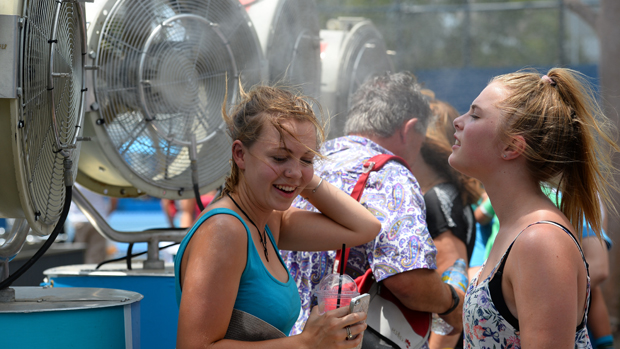
A free daily email with the biggest news stories of the day – and the best features from TheWeek.com
You are now subscribed
Your newsletter sign-up was successful
THE organisers of the Australian Open have been criticised for forcing play to continue despite temperatures above 40C, conditions which have been branded "inhumane" by one competitor. Canadian Frank Dancevic made the comment after he collapsed on court on Tuesday during his match against Benoit Paire. A ball-boy also needed medical treatment. But how hot is too hot? Australian Open Tournament referee Wayne McKewen, told the Melbourne Age that temperatures of around 40C alone would not cause play to be suspended. He told the paper: "When you get a high humidity and a high temperature, that's when it starts to affect the players, personnel on-site, spectators, fans." The tournament's medical officer Dr Tim Wood explained that the number of breaks in tennis made it less risky at high temperatures. "Tennis, as a sport, is relatively low risk for major heat problems compared to, in Melbourne, AFL football, compared to continuous running events... The time the ball is in play, [compared with] total time for the match, is relatively small. The amount of heat they produce from muscles exercising is relatively small in terms of what someone continuously exercising will do." Not all the players seem to agree. "Until somebody dies, they're just keep going on with it and putting matches on in this heat," said Dancevic. Caroline Caroline Wozniacki claimed that her water bottle had started to melt, while John Isner said going on court was like opening an oven. World Cup Fifa's decision to award the 2022 World Cup to Qatar has proved controversial to say the least. It now seems inevitable that the tournament will have to be moved to the northern hemisphere winter, as temperatures in the Gulf State can reach 50C in the summer, when the World Cup is usually held. However, it is not just in Qatar where the heat puts players at risk. There have been warnings that temperatures in some host cities in Brazil this summer could put the players at risk. Italian coach Cesare Prandelli warned of the risk of heat exhaustion even before the draw for the tournament was made, and Italy were pitted against England in Manaus, an Amazonian city where the temperature is likely to be above 30C and the humidity around 80 per cent. Winter Olympics Sochi in Russia hosts the 2014 Winter Olympics next month, despite the fact that it is a summer resort and could suffer from a lack of snow. There was a similar problem in Vancouver in 2010, when the ski slopes were covered with artificial snow and bordered by mud. However, Vladimir Putin has a plan. "As part of the $50bn cost of the Games, the most expensive Olympics, Russia is using 200 snowmakers drawing water from lakes to create snow,” reported Eurosport late last year. “They also stored round 450,000 cubic metres of 'real' snow," Cycling Heat and humidity can present a problem for some sports, but in cycling they are actively encouraged as a way of ensuring faster times. During the 2012 Olympics in London competitors and spectators in the velodrome sweltered in temperatures of around 30C, but it helped make the velodrome one of the fastest in the world, according to Wired. It certainly worked for the home team as Great Britain won seven of ten gold medals in the velodrome, cheered on by a sweating crowd.
A free daily email with the biggest news stories of the day – and the best features from TheWeek.com
The Week
Escape your echo chamber. Get the facts behind the news, plus analysis from multiple perspectives.

Sign up for The Week's Free Newsletters
From our morning news briefing to a weekly Good News Newsletter, get the best of The Week delivered directly to your inbox.
From our morning news briefing to a weekly Good News Newsletter, get the best of The Week delivered directly to your inbox.
-
 The environmental cost of GLP-1s
The environmental cost of GLP-1sThe explainer Producing the drugs is a dirty process
-
 Greenland’s capital becomes ground zero for the country’s diplomatic straits
Greenland’s capital becomes ground zero for the country’s diplomatic straitsIN THE SPOTLIGHT A flurry of new consular activity in Nuuk shows how important Greenland has become to Europeans’ anxiety about American imperialism
-
 ‘This is something that happens all too often’
‘This is something that happens all too often’Instant Opinion Opinion, comment and editorials of the day
-
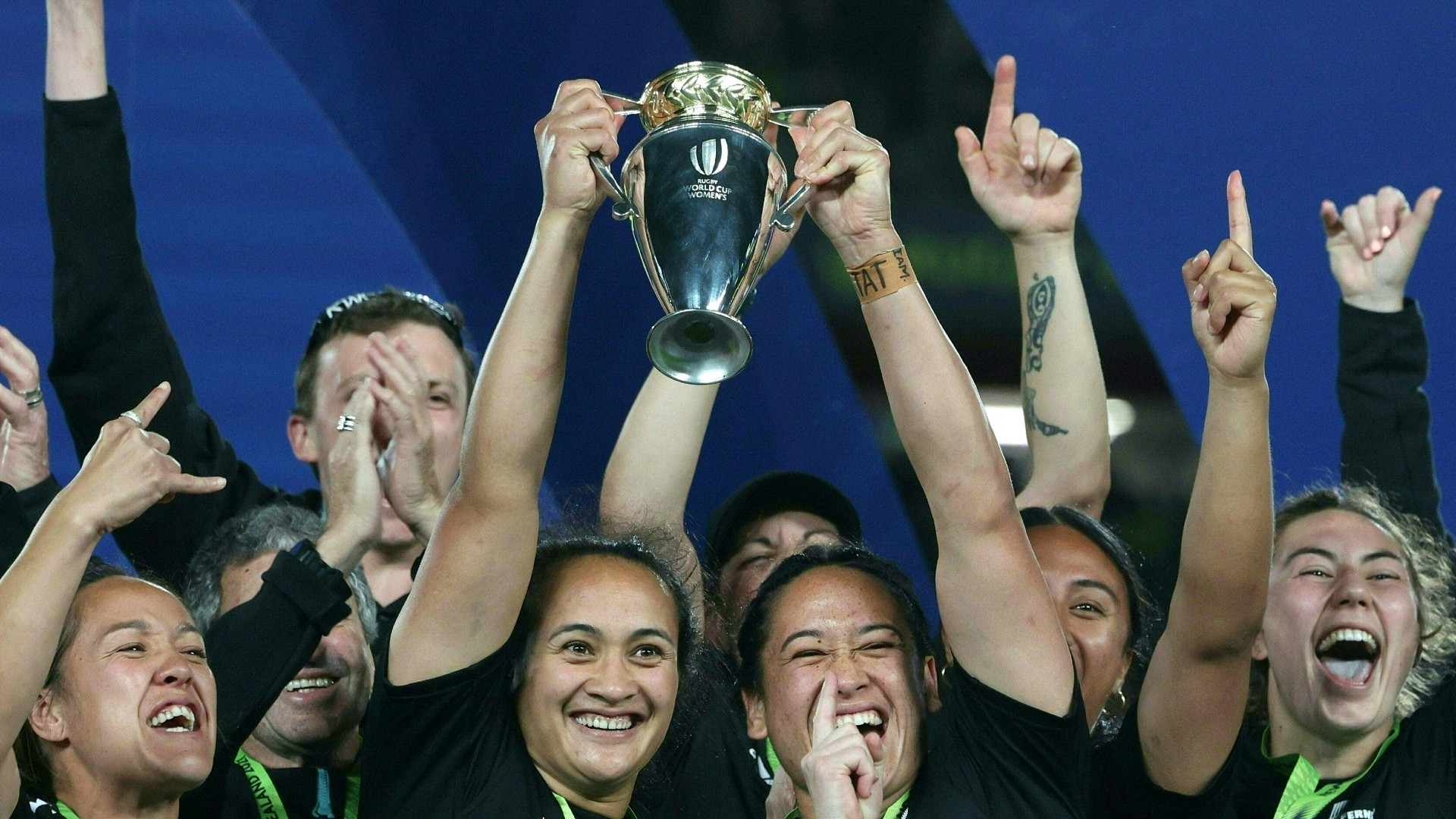 The biggest sporting events of 2025
The biggest sporting events of 2025The Explainer Women's Rugby World Cup and African Cup of Nations are among sporting highlights this coming year
-
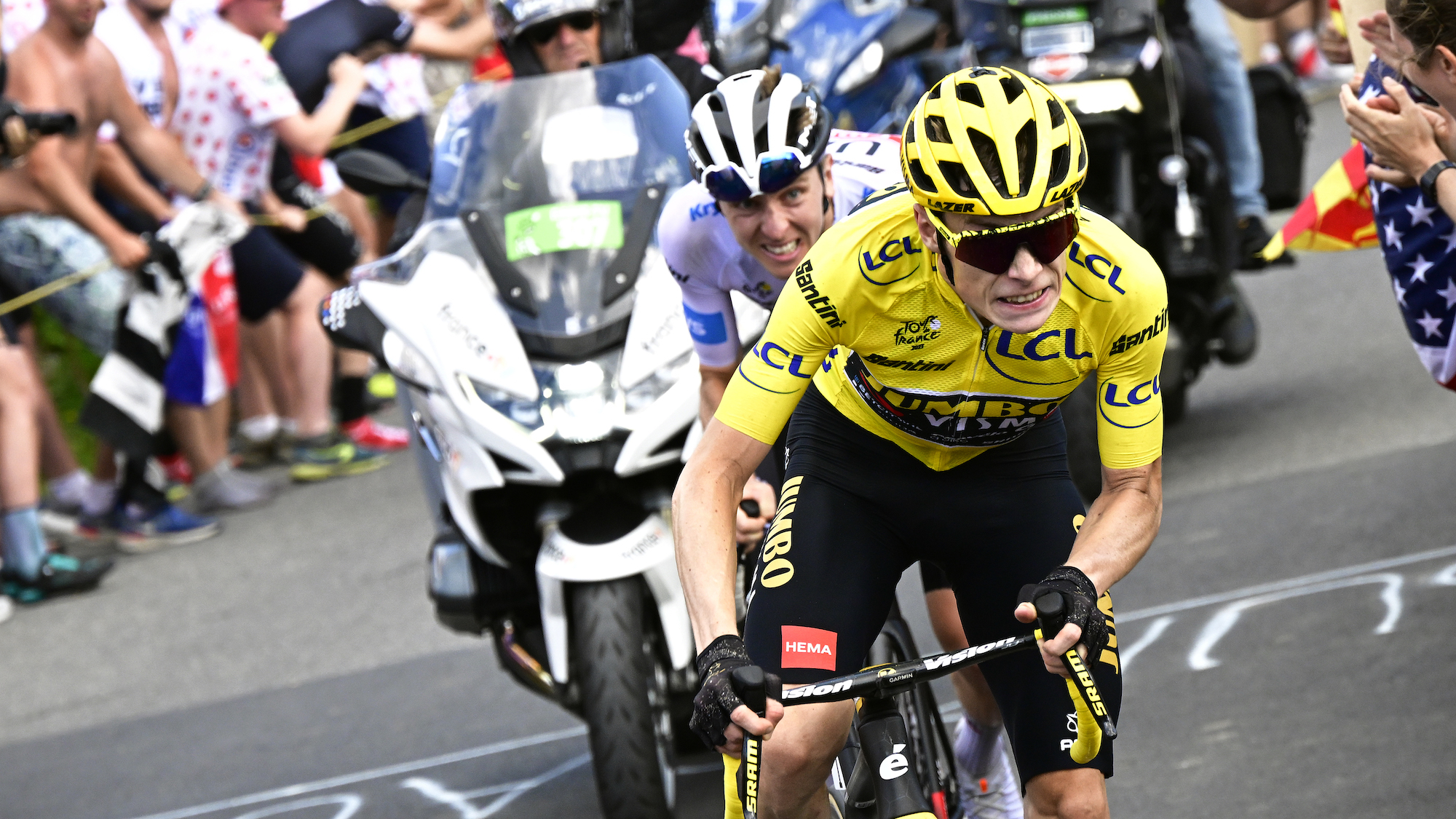 Tour de France: a return to the glory days?
Tour de France: a return to the glory days?A stellar line-up of contenders looks set to provide a vintage race
-
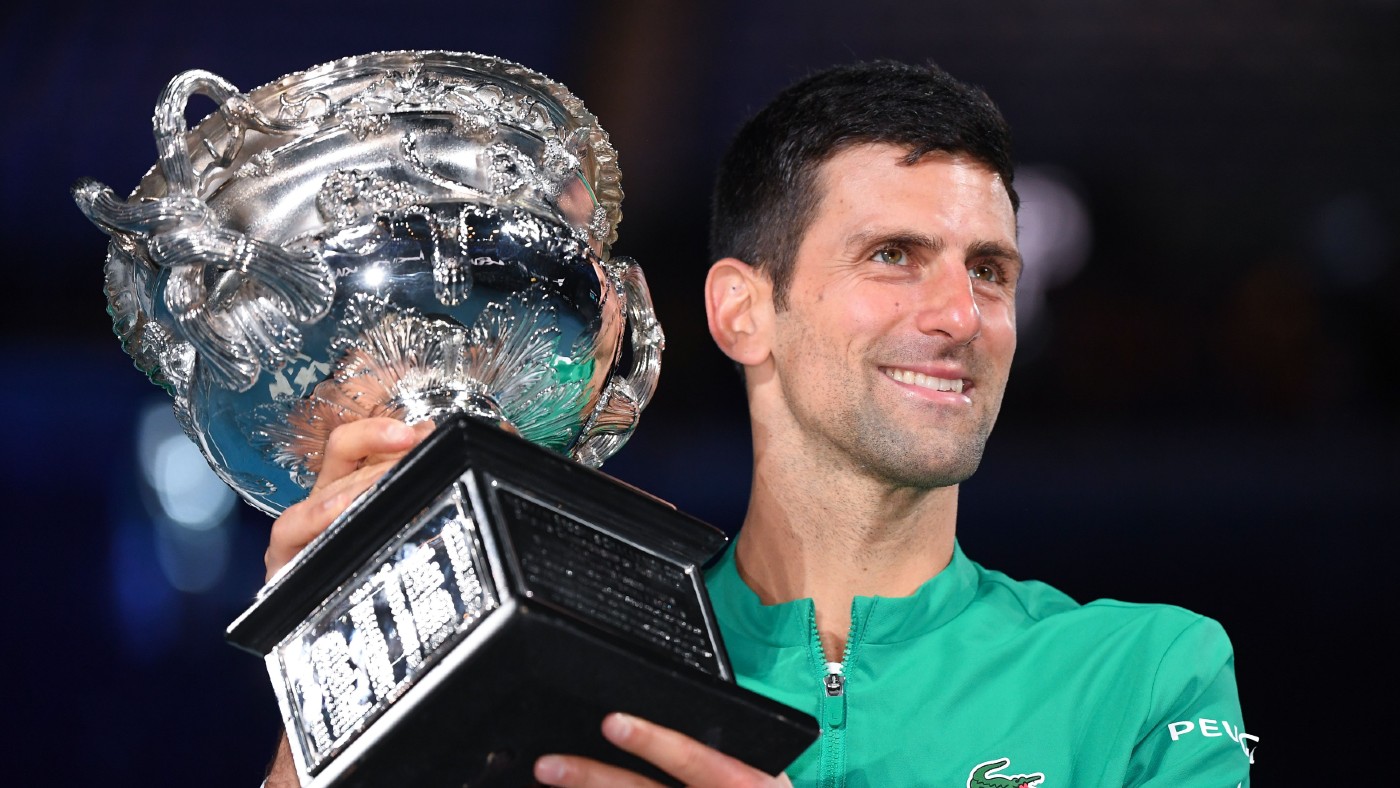 Novak Djokovic’s next big battle: fighting deportation from Australia
Novak Djokovic’s next big battle: fighting deportation from Australiafeature Serb’s visa is cancelled and his appeal has been adjourned until Monday
-
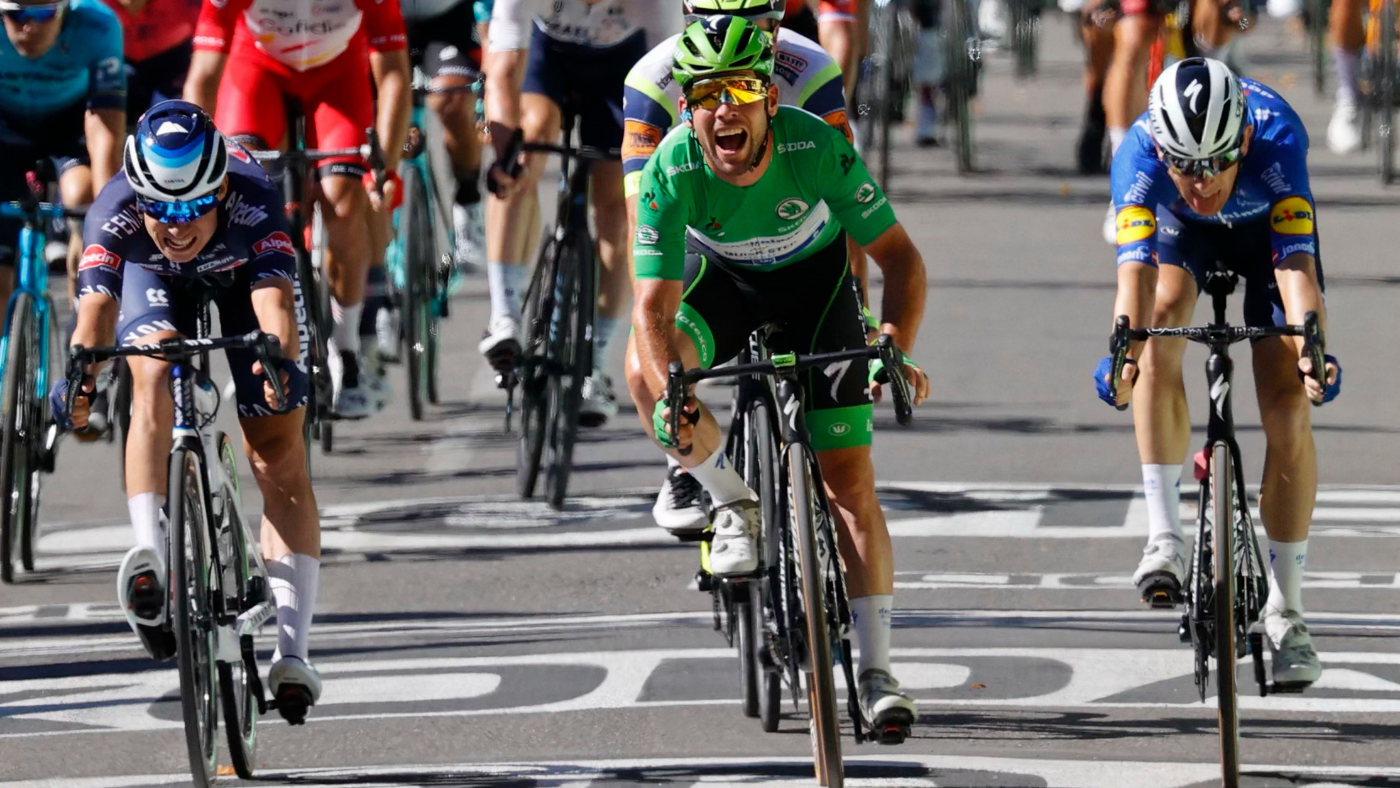 Mark Cavendish: cycling’s greatest sprinter of all time
Mark Cavendish: cycling’s greatest sprinter of all timeIn the Spotlight Crashes, illness and injury couldn’t stop the ‘Manx Missile’ as he equalled Eddy Merckx’s all-time record at the Tour de France
-
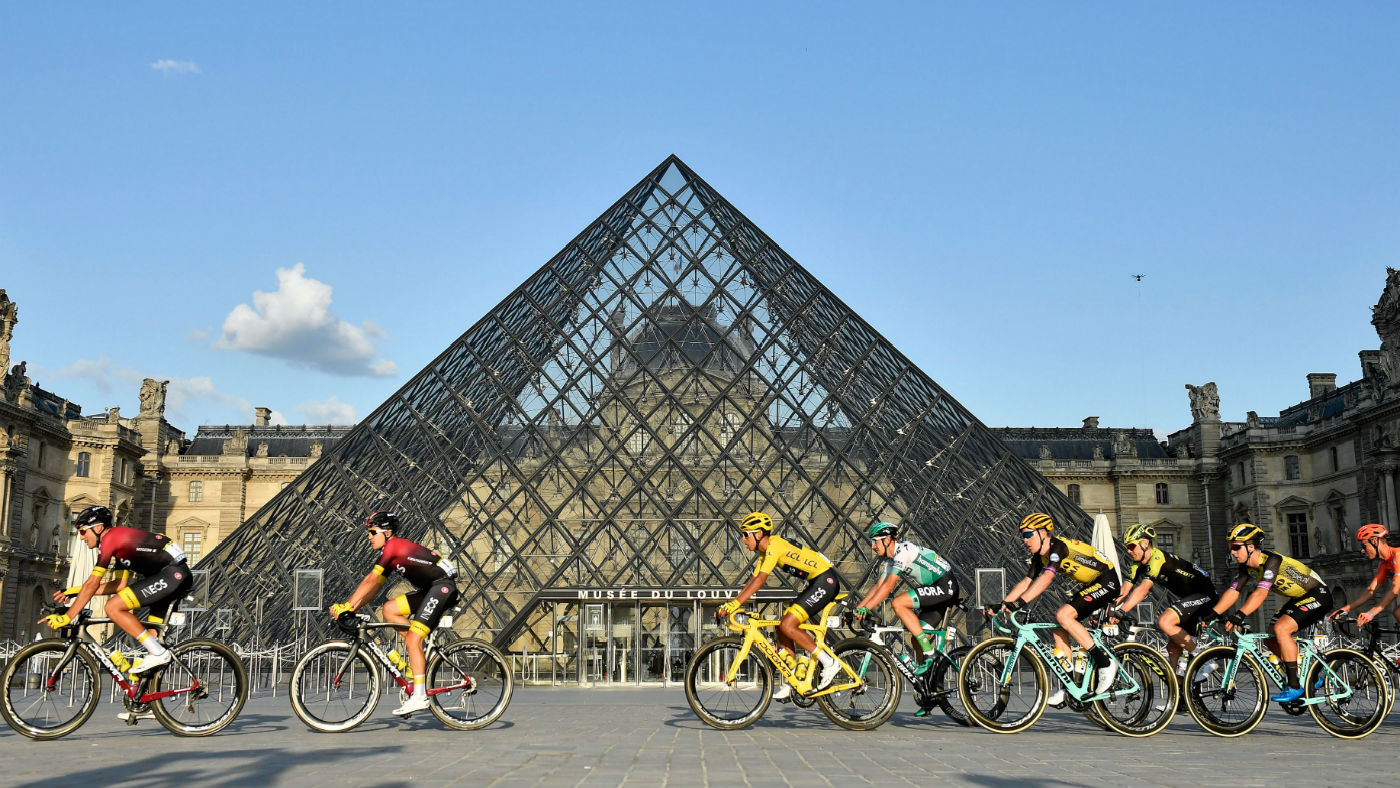 Tour de France postponed: organisers confirm 29 August start
Tour de France postponed: organisers confirm 29 August startSpeed Read New dates have been announced for cycling’s premier event
-
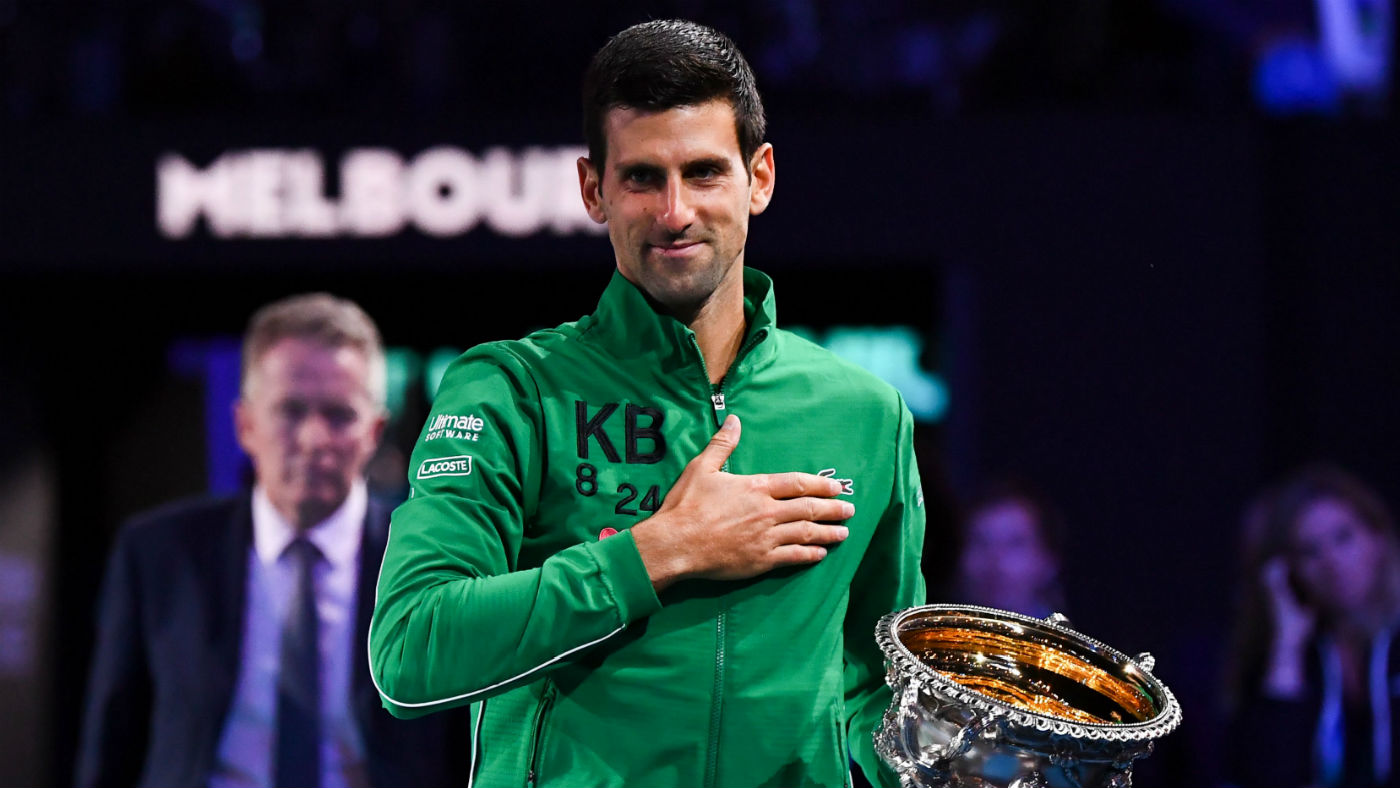 Australian Open 2020: emotional Novak Djokovic urges everyone to ‘stick together’
Australian Open 2020: emotional Novak Djokovic urges everyone to ‘stick together’In Depth Serbian returns to world No.1 after securing his 17th grand slam title
-
 Australian Open women’s final: Sofia Kenin’s dream comes true in Melbourne
Australian Open women’s final: Sofia Kenin’s dream comes true in MelbourneIn Depth American wins her first grand slam after beating Spain’s Garbine Muguruza
-
 Sport shorts: Thiem to face Djokovic in the Australian Open final and forget Brexit Day, it’s transfer deadline day
Sport shorts: Thiem to face Djokovic in the Australian Open final and forget Brexit Day, it’s transfer deadline dayDaily Briefing Ten things from the world of sport on Friday 31 January